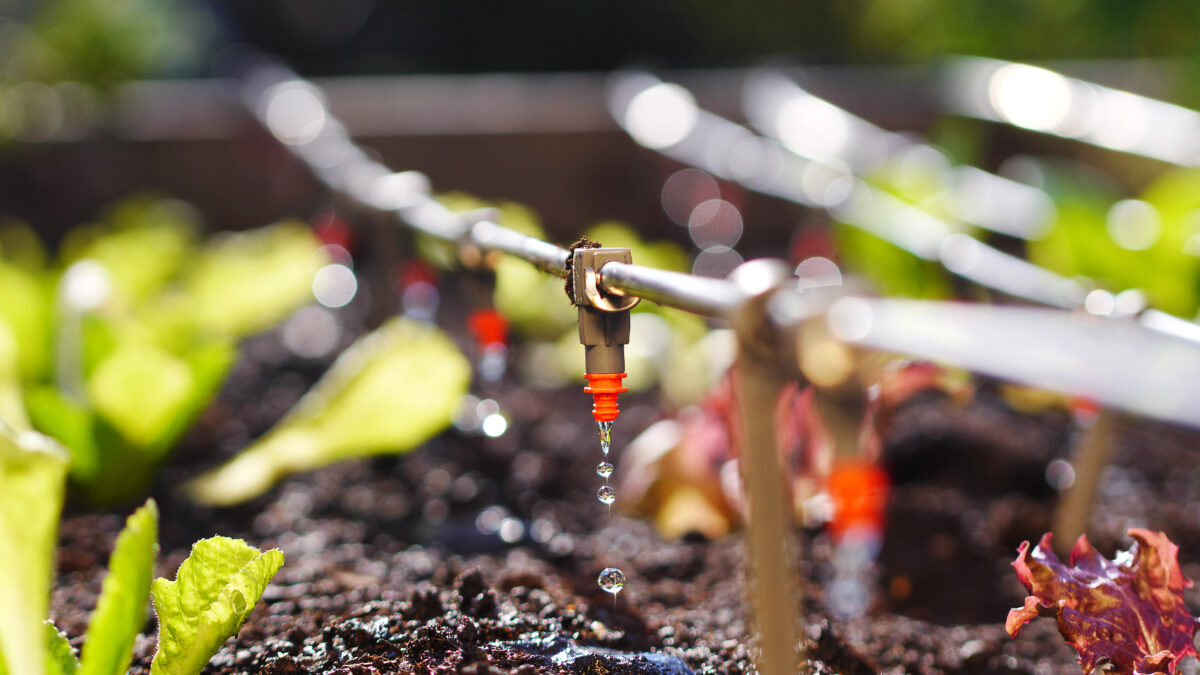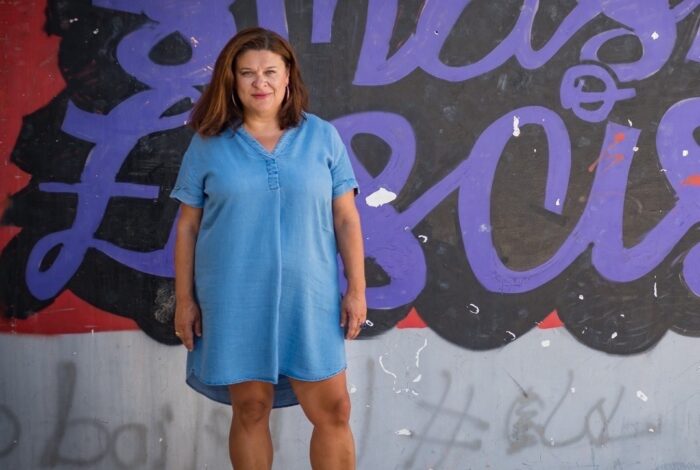An EU project aims to optimise irrigation practices through a network of soil sensors which constantly monitor water availability for plants, to address the issue of water resource reduction caused by climate change. As part of this project, a network was established between farmers and researchers. In the context of this network, a key element of modern, sustainable agriculture is the concept of precision irrigation, which requires the development of appropriate technical tools and guidelines for farmers.
A first step was the installation of 120 soil moisture sensors in the main research areas of the project to measure soil water potential. These sensors send the data they collect to the appropriate data portals, from where they are uploaded to the internet. All collected data are then visualised in a graph via the application developed within the framework of the project. The farmers participating in the programme can thus share their experiences through sensor data, obtaining a better understanding of their crops’ water situation.
The application is very user-friendly. Its main functions are remote device activation and graphic depiction of soil water potential data measurements. According to the researchers, optimising production and minimising resource waste throughout cultivation can enable a uniform level of crop quality and yields, improving agricultural sustainability environmentally, economically and socially.
After field trials, most farmers who participated in the programme saw the added value of the new technology for their products and expressed a willingness to install additional sensors.










